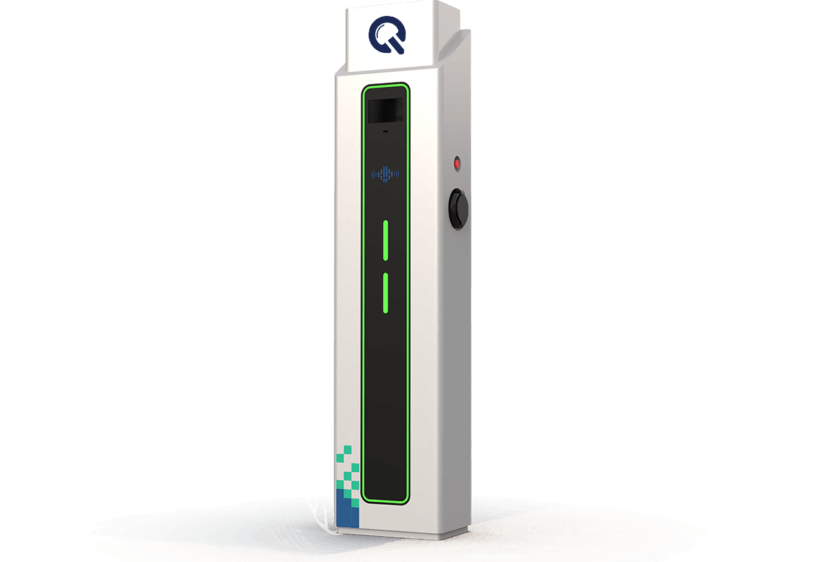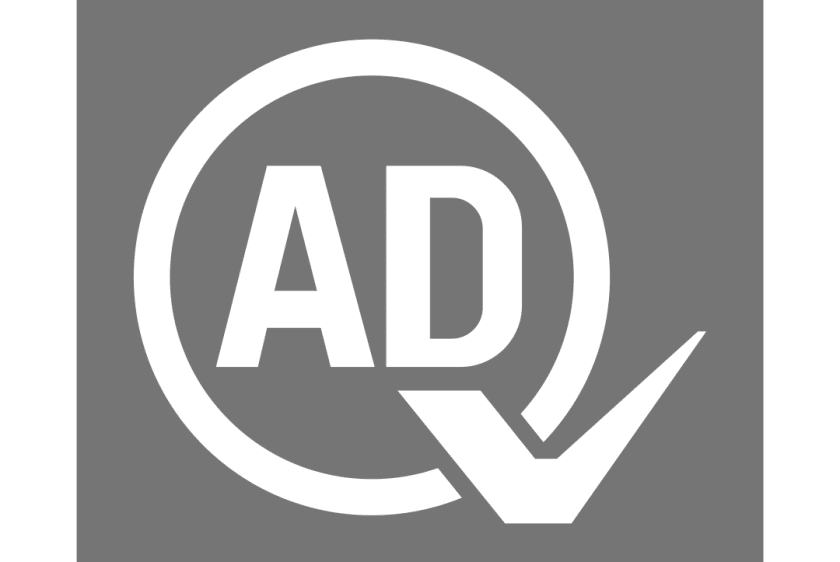The UAE is accelerating toward a sustainable future, with Dubai leading the charge in electric vehicle (EV) adoption.
As demand for EVs surges, understanding the DC fast charger price and infrastructure becomes critical for homeowners, businesses, and policymakers.
This guide dives into 2025 pricing trends, installation insights, and cost-saving strategies tailored to the UAE market.
What is a DC Fast Charger?
A DC fast charger, also known as a Level 3 charger, delivers direct current (DC) power directly to an EV’s battery, bypassing the need for onboard conversion.
This allows for significantly faster charging compared to Level 1 and Level 2 chargers. For instance, a 150 kW DC fast charger can charge an EV battery to 80% in as little as 15-30 minutes, depending on the vehicle’s capabilities.
There are two main types of DC fast chargers:
- CHAdeMO: A Japanese standard used by manufacturers like Nissan and Mitsubishi.
- CCS (Combined Charging System): A European standard adopted by most automakers, including BMW, Ford, and Volkswagen.
Who Needs a DC Fast Charger in the UAE?
- Commercial Users: Hotels, malls, and fleet operators.
- Homeowners: Suburban residents with multiple EVs.
- Government: Aligned with UAE’s Net Zero 2050 goals.
Calculator:
Estimate your total cost:
Total = Hardware + Installation (AED 18,375/kW) + Permits
How Much Does a DC Fast Charger Cost in 2025?
The cost of a DC fast charger varies based on power output, brand, and installation complexity. In the UAE, prices range from:
- 50 kW Models: AED 73,500–AED 147,000 (20,000–40,000)
- 150 kW Models: AED 183,750–AED 367,500 (50,000–100,000)
- Ultra-Fast 350 kW Models: AED 551,250+ ($150,000+)
Key Factors Influencing Costs:
- Hardware: High-efficiency chargers compatible with GCC climates cost more.
- Software: Smart charging systems for load management.
- Brands: ABB, Tesla Superchargers, and QuikRev’s UAE-optimized solutions.
Pro Tip: Dubai’s Green Mobility Strategy 2030 offers subsidies for commercial installations, reducing upfront costs.
Factors Influencing DC Fast Charger Cost
Several factors can impact the DC fast charger price and overall installation costs:
1. Charging Power and Speed
Higher power outputs (e.g., 150 kW or 350 kW) come with higher price tags due to advanced technology and infrastructure requirements.
2. Brand and Features
Brands like Tesla, ChargePoint, and Electrify America offer chargers with advanced features such as remote monitoring, payment systems, and energy storage, which can increase costs.
3. Location and Grid Connection
Urban areas with limited grid capacity may require costly upgrades, while rural locations might have lower land costs but higher installation expenses.
4. Government Incentives
Many governments offer subsidies and grants to offset the DC fast charger cost, making installations more affordable.
DC Fast Charger Cost Per kWh: What to Expect
The DC fast charger cost per kWh is a critical factor for both operators and users. Public charging stations typically charge between 0.45 per kWh, though prices can vary based on location and network.
For example, Tesla’s Supercharger network charges around $0.51 per kWh during off-peak hours.
Long-Term Benefits of DC Fast Chargers
While the upfront DC fast charger price may seem high, the long-term benefits often outweigh the costs:
1. Faster ROI
DC fast chargers can generate higher revenue due to their ability to serve more customers in less time. For instance, a 150 kW DC fast charger can charge up to 60 EVs daily, compared to just 2-3 for a Level 2 charger.
2. Increased Customer Satisfaction
Fast charging capabilities attract more EV drivers, leading to increased foot traffic and potential revenue for businesses.
3. Sustainability and Brand Image
Investing in DC fast chargers demonstrates a commitment to sustainability, enhancing a company’s brand image and appeal.
Cost of 150 kW DC Fast Charger: What to Expect in the UAE
The 150 kW DC fast charger strikes a balance between speed and affordability, ideal for commercial hubs like Dubai Mall or Abu Dhabi’s Yas Island.
2025 Price Breakdown:
- Hardware: AED 183,750–AED 257,250 (50,000–70,000)
- Installation: AED 36,750–AED 73,500 (10,000–20,000) (trenching, grid upgrades)
- Permits: AED 7,350–AED 14,700 (2,000–4,000) (DEWA approval in Dubai)
Installation Costs for Home & Commercial DC Chargers in UAE
Home Installation
While most UAE residents rely on public networks, villas in communities like Arabian Ranches can benefit from home DC fast chargers.
- Cost to Install DC Fast Charger at Home: AED 36,750–AED 110,250 (10,000–30,000)
- Hardware: AED 29,400–AED 73,500 (8,000–20,000)
- Labor: AED 7,350–AED 36,750 (2,000–10,000) (depending on electrical upgrades)
Note: DEWA’s EV Green Charger Initiative offers reduced tariffs for home charging during off-peak hours.
Commercial Installation
Dubai’s malls and highways require robust systems:
- 150 kW Station: AED 220,500–AED 367,500 (60,000–100,000) (including civil works)
- Permits: AED 14,700+ ($4,000+) (Civil Defence, DM approval)
DC Charger Price vs. Long-Term Savings: Is It Worth It?
Fuel Savings: EVs charged via DC fast chargers cost AED 0.30–AED 0.50 per kWh in Dubai, vs. AED 2.50/km for gasoline. Over 5 years, a Tesla Model 3 owner saves AED 45,000+.
ROI for Businesses:
- A Dubai charging station serving 30 EVs/day earns AED 165,000 annually (at AED 15/session).
- Government Incentives: 50% subsidy on charging equipment via Dubai’s RTA.
DC Charger Price Comparison (UAE Market 2025)
| Model | Power | Price (AED) | Best For |
|---|---|---|---|
| QuikRev QR-50 | 50 kW | 73,500–110,250 | Small businesses |
| Tesla V3 | 150 kW | 257,250–330,750 | Highways |
| ABB Terra HP | 350 kW | 551,250+ | Luxury destinations |
| QuikRev Home+ | 25 kW | 36,750+ | Villas |
Ready to Optimize Your EV Charging Setup?
Explore QuikRev’s DC Fast Charger Price for UAE-tested solutions, or Get a Free Consultation to leverage Dubai’s EV growth!
FAQs: DC Fast Charging Costs in UAE
1. How much does DC fast charging cost per session?
Public stations in Dubai average AED 0.45/kWh, or ~AED 36 for a full charge (80 kWh battery).
2. Can I install a DC fast charger in my Dubai apartment?
High-power DC chargers require villa setups. Apartments can use Level 2 chargers
3. Are there tax benefits for commercial installations?
Yes! Dubai offers 10% tax rebates for businesses installing EV chargers by 2025.





